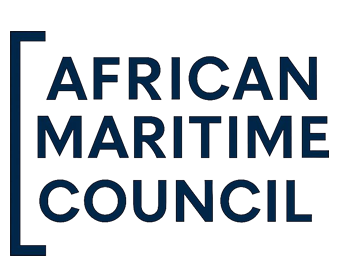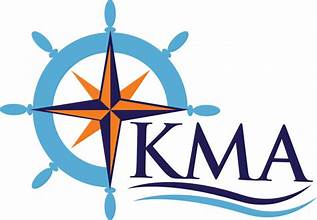Kenya has advanced plans to establish and operationalise a National Maritime Information Sharing Centre (NMISC) to strengthen its maritime security capabilities.
A Roadmap Formulation Workshop in Mombasa advanced Kenya’s commitment to regional cooperation under the Djibouti Code of Conduct and Jeddah Amendment (DCoC/JA).
The DCoC/JA brings together regional states to combat piracy, armed robbery at sea, and other illicit maritime activities in the Western Indian Ocean and Gulf of Aden.
Fifteen representatives from key government agencies participated in the workshop, with the International Maritime Organization (IMO) providing technical expertise and support. The Government of India attended to help coordinate efforts in the establishment of the NMISC.
In his opening remarks, Kenya Maritime Authority Director General Justus O. Nyarandi said the discussions would assess current progress, determine the agencies to be involved, and develop Standard Operating Procedures (SOPs) to guide the full operationalisation of the Centre.
IMO DCoC Project Manager Kiruja Micheni stated that the meeting was supported by the EU-funded “Safe Seas for Africa” (SSA) initiative. The €1 million, 36-month project aims to enhance maritime security and safety in the Western Indian Ocean by improving coordination and cooperation within and between nations. Kenya, Mauritius, and Tanzania are the designated countries for NMISC establishment under this initiative.
Hub to monitor and respond to threats
During the four-day workshop, the IMO team and national stakeholders:
-
Reviewed institutional, legal, and operational frameworks
-
Identified priority needs for technical assistance and capacity building
-
Examined mechanisms for inter-agency coordination and information sharing
-
Developed a sustainable roadmap for the Centre
When operational, the NMISC will act as a central hub for collecting, analysing, and disseminating maritime information. It will support Kenya in monitoring and responding to threats such as piracy, illegal fishing, illicit trafficking, and marine pollution, thereby enhancing maritime domain awareness and coordination nationally and regionally in accordance with the DCoC/JA.
The participating agencies included the Directorate of Immigration Services, Kenya Wildlife Service (KWS), National Police Service (NPS), National Intelligence Service (NIS), Kenya Navy (KN), Kenya Ports Authority (KPA), Kenya Maritime Authority (KMA), Kenya Revenue Authority (KRA), and Kenya Fisheries Service (KFS).
source: maritimafrica.com

